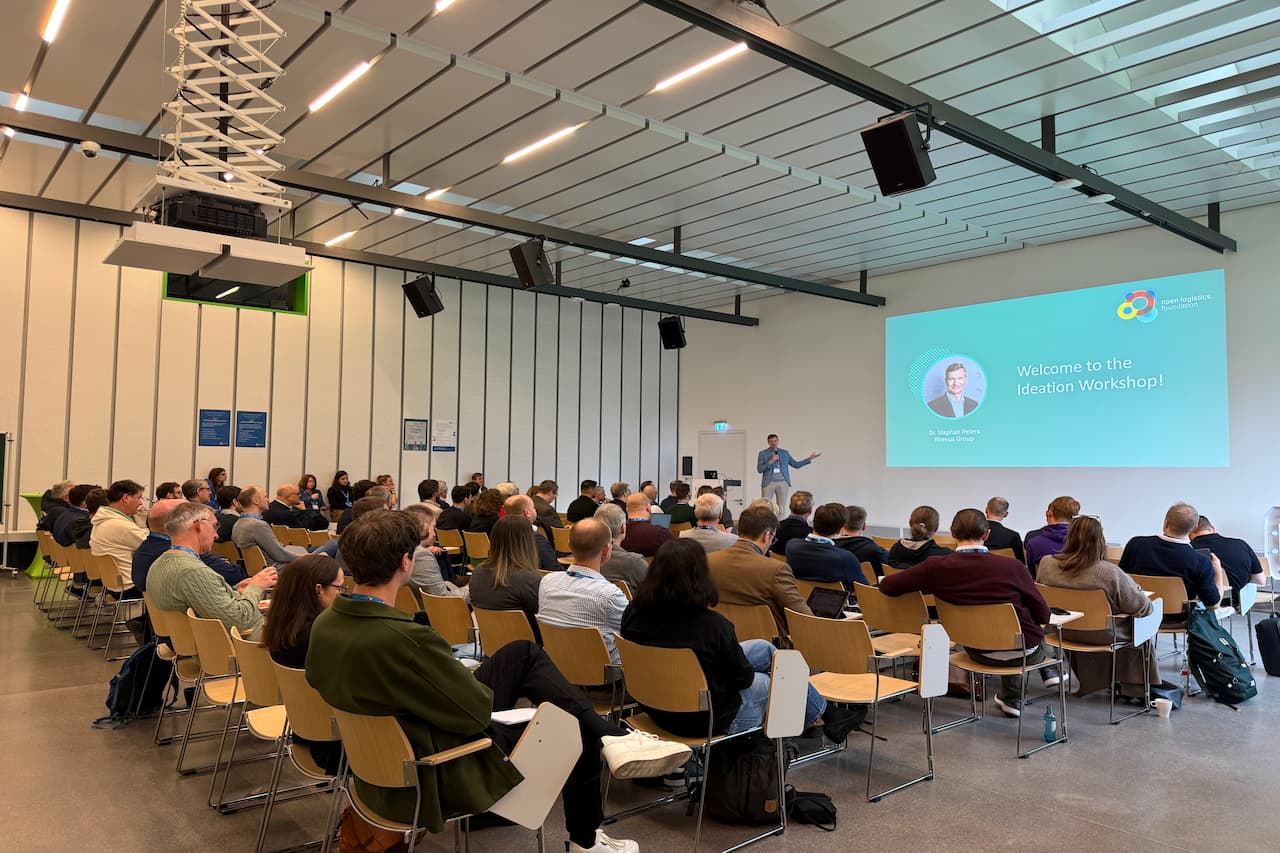The World Customs Organization (WCO), established in 1952 as the Customs Co-operation Council (CCC) is an independent intergovernmental body whose mission is to enhance the effectiveness and efficiency of customs administrations. Today, the WCO represents 185 customs administrations across the globe that collectively process approximately 98% of world trade. As the global centre of Customs expertise, the WCO is the only international organisation with competence in customs matters and can rightly call itself the voice of the international customs community. Issue 2 of 2023, Fragile Borders, pages 84 – 88, features the point of view “Open Customs Blockchain: The missing piece to unlocking the broad application of distributed ledger technology for Customs?” The article looks at why previous projects and initiatives have not yet achieved the widespread use of blockchain, and how the open-source approach might be the missing piece to unlocking broad and standardised applications.
Blockchain is a decentralised, distributed, tamper-proof and cooperatively used form of data storage. It is based on distributed ledger technology, similar to an actual cash book in which information is recorded. The Goods Passport ID (GPID) is the blockchain identification number for the “key data set” of a given invoice. Via the GPID, the corresponding key data set can be found and accessed on the blockchain. Open Customs Blockchain ensures trust and transparency among all stakeholders of the process. With the project using one GPID per invoice and one invoice per GPID, there is no chance of data being manipulated. Amendments are possible on some entries of key data sets, however, with the changes made together with authorship of those changes logged on the blockchain in a change history, all data remains transparent and secure.

“This project brings together the most diverse actors in customs processes: declarant, seller, buyer, customs service provider, carrier, customs authorities and even across countries. This creates a binding, common data truth. It will enable our customers to organise their customs processes in a completely new way with the goal of higher automation, data quality and transparency.”
Dr. Ulrich Lison, Compliance Officer, AEB SE
Blockchain technology in logistics and particularly customs processes has been introduced previously, never the less, executing the concept into action has proven to be difficult, following the discontinuation and stagnation of such projects. The primary hurdles to implementing blockchain in the customs sector are a lack of expertise, the financial burden, and a lack of adoption by other stakeholders. In order to have different results, the work done by the Open Logistics Foundation through the Working Group Open Customs Blockchain is developing a complementary offer to compensate for existing weaknesses. Through open source and collaboration, the project is set to have multiple stakeholders from diverse specialities come together to share expertise, experience and resources in creating trust beyond borders and promoting the efficiency of customs processes.

“We offer neutral, cross-company collaboration to achieve broad acceptance of common solutions, independent of individual interests. For blockchain in general and the customs use case in particular, these are the same requirements: Creating a generally accepted format and establishing a neutral solution.”
Andreas Nettsträter, CEO, Open Logistics Foundation
The open source approach by the Open Logistics Foundation emphasizes simple data sets and the involvement of authorities to achieve blockchain’s benefits in reducing border delays. The GPID differentiates itself by aiding honest stakeholders and utilising open source software, making data handling easier and enabling faster consensus. the key lies in collaboration between logistics service providers, customs brokers, software providers, and customs authorities.

“The truth is that many delays are the result of a (natural) lack of trust: authorities need to protect their territories against tax/duty evasion, fraud, smuggling, and criminals. Introducing blockchain technology into customs processes can facilitate the building of trust.”
Michael Douglas, Customs Technology Consultant, ALS Customs Services
To participate in a Live Pilot of our already-built software and test out the initially available functions of the Open Customs Blockchain, interested customs authorities and other parties can contact the Working Group leaders.
Read more about Open Customs Blockchain here: https://mag.wcoomd.org/magazine/101-issue_2_2023/open-customs-blockchain/





